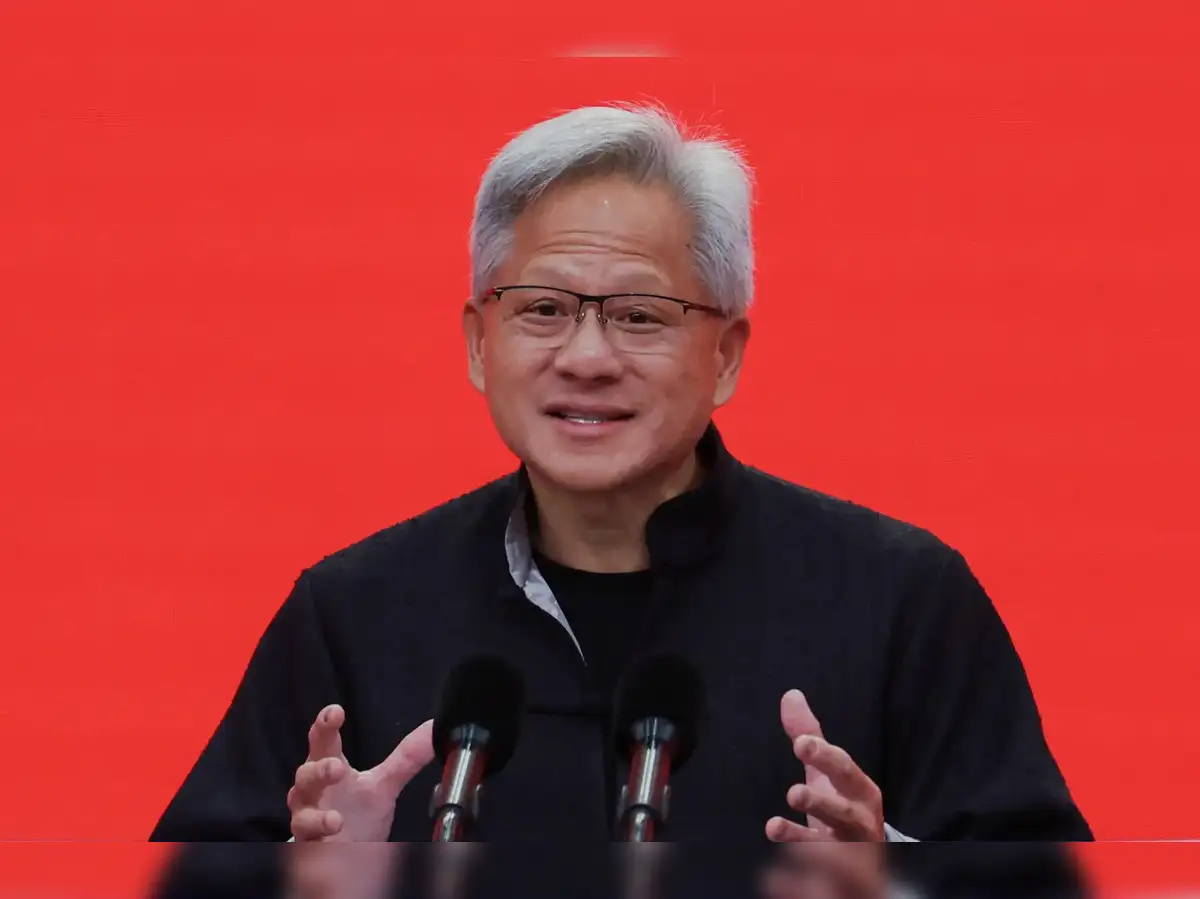Nvidia CEO Jensen Huang's China AI Crusade: Charting Geopolitical Future and Robot Factories

Nvidia CEO Jensen Huang recently concluded a series of significant visits to China, his third this year, where he engaged in high-level discussions with key Chinese officials and praised the nation's open-source artificial intelligence (AI) initiatives. During his appearances, including at the China International Supply Chain Expo in Beijing, Huang hailed China’s AI efforts as a "catalyst for global progress" and a vital force driving innovation across diverse sectors such as scientific research, healthcare, energy, transportation, and logistics. He specifically recognized large language models (LLMs) from prominent Chinese companies like DeepSeek, Alibaba Group Holding, Tencent Holdings, MiniMax, and Baidu as "world class," noting that their open development and sharing have accelerated global AI advancements, providing every country and industry an opportunity to participate in the AI revolution.
A critical outcome of Huang’s visit and prior negotiations is Nvidia’s anticipated resumption of shipping its specialized chips to China. The California-based chip-design firm is set to restart exports of its H20 chips, which are specifically engineered for the Chinese market and possess less power than Nvidia’s top-tier acceleration chips. This development follows assurances from the U.S. government that export licenses for the H20 chip would be granted swiftly. Huang confirmed that numerous order books are already in place, with major internet companies such as ByteDance and Tencent reportedly preparing to submit applications, although ByteDance has denied current submission. The return of Nvidia’s chips to the Chinese market is paramount for the company, as Huang articulated on state broadcaster CCTV that the Chinese market is "massive, dynamic, and highly innovative," making it indispensable for American companies to establish a presence there.
The context surrounding these sales involves intricate geopolitical dynamics. U.S. Commerce Secretary Howard Lutnick indicated that the planned resumption of H20 sales was linked to constructive discussions between the U.S. and Chinese governments regarding export control negotiations, particularly concerning rare earths. Furthermore, demonstrating its commitment to the Chinese market and adherence to U.S. export restrictions, Nvidia is actively developing a new chip for its Chinese clientele: the RTX Pro GPU. This graphics processing unit is tailored for applications in smart factories and for robot training purposes, showcasing Nvidia's strategic adaptation to the local market's specific needs and regulatory environment.
During his visit, Huang also held productive meetings with Chinese officials, including Commerce Minister Wang Wentao, Vice Premier He Lifeng, and Ren Hongbin, chairman of the China Council for the Promotion of International Trade. Minister Wang conveyed China's expectation that multinational companies like Nvidia would continue to provide high-quality and reliable products and services to Chinese customers. In response, Huang reiterated the attractiveness of the Chinese market and expressed Nvidia's eagerness to deepen cooperation with Chinese partners in the burgeoning field of artificial intelligence. Chinese officials consistently communicated their strong welcome for foreign companies to continue investing in the country, with Minister Wang emphasizing China's unwavering policy of attracting foreign investment and assuring that the 'door to openness' would only widen. Huang’s notable presence and active engagement throughout his trip, reportedly dominating Chinese social media, underscored the immense importance of these interactions for both Nvidia and the broader AI ecosystem in China.
You may also like...
Ex-Premier League Referee Faces Prison After Guilty Plea in Child Image Case

Former Premier League referee David Coote has pleaded guilty to the serious charge of making an indecent image of a chil...
Osimhen's Hat-Trick Fuels Super Eagles' World Cup Hopes in Thrilling Benin Clash

Nigeria's Super Eagles secured a playoff spot for the 2026 FIFA World Cup with a dominant 4-0 victory over Benin, highli...
Mel Gibson Casts New Jesus for Highly Anticipated ‘Passion of the Christ’ Sequel

"The Resurrection of the Christ," Mel Gibson's highly anticipated sequel to "The Passion of the Christ," has begun filmi...
Legendary ‘Star Wars’ & ‘Blade Runner’ Poster Artist Drew Struzan Passes Away at 78

Renowned artist Drew Struzan, known for his iconic film posters for movies like “Star Wars” and “Blade Runner,” has pass...
Cosmic Sounds: Brian Eno & Beatie Wolfe Launch New Album Into Space

Brian Eno and Beatie Wolfe have unveiled a trio of ambient albums born from a strikingly normal creative process, now cu...
King Kylie Storms Music Scene: Kylie Jenner Drops Debut Track ‘Fourth Strike’

Kylie Jenner has released her debut song, "Fourth Strike," collaborating with pop duo Terror Jr and reviving her King Ky...
Secret Affair Unveiled: Katy Perry Confirms Justin Trudeau Romance at London Gig

Katy Perry has seemingly confirmed her new relationship with former Canadian Prime Minister Justin Trudeau during a Lond...
Jennifer Hudson Electrifies in Neon, Sets New Style Trend!

Jennifer Hudson made a dazzling entrance in a neon yellow gown and hot pink heels, electrifying the crowd in the spirit ...




